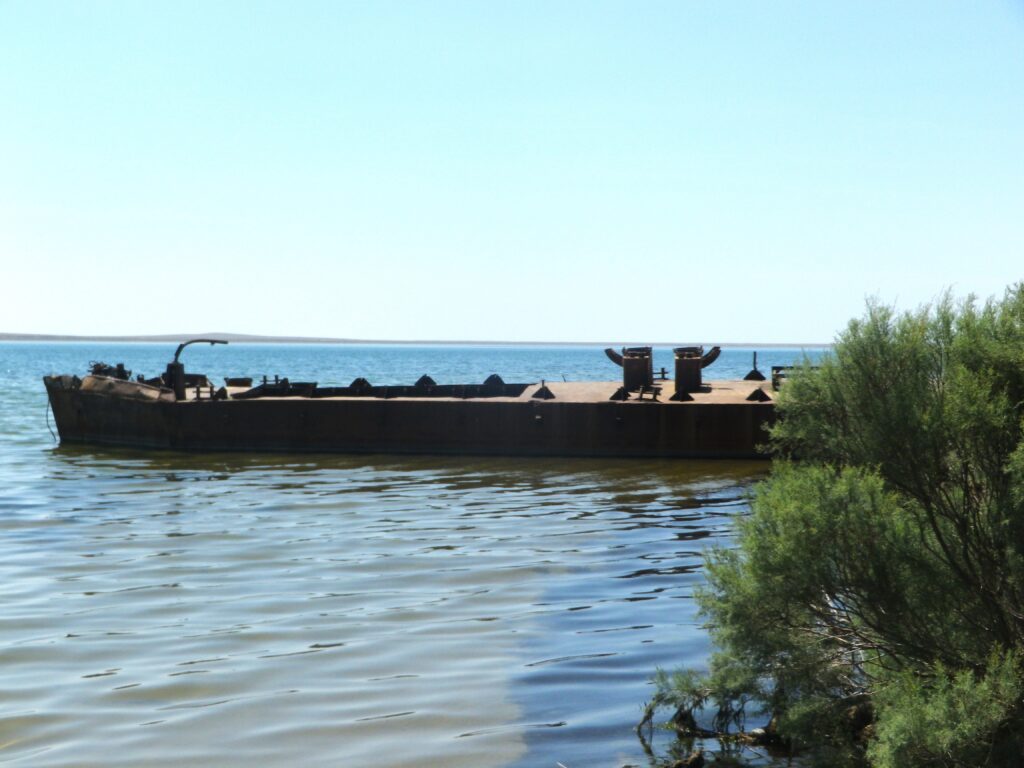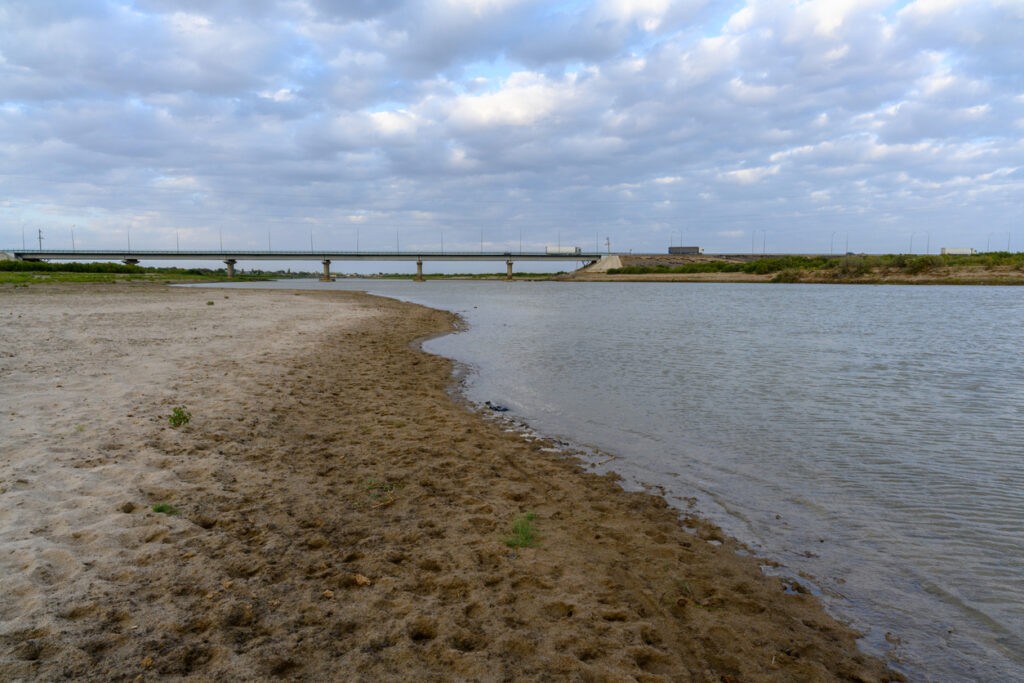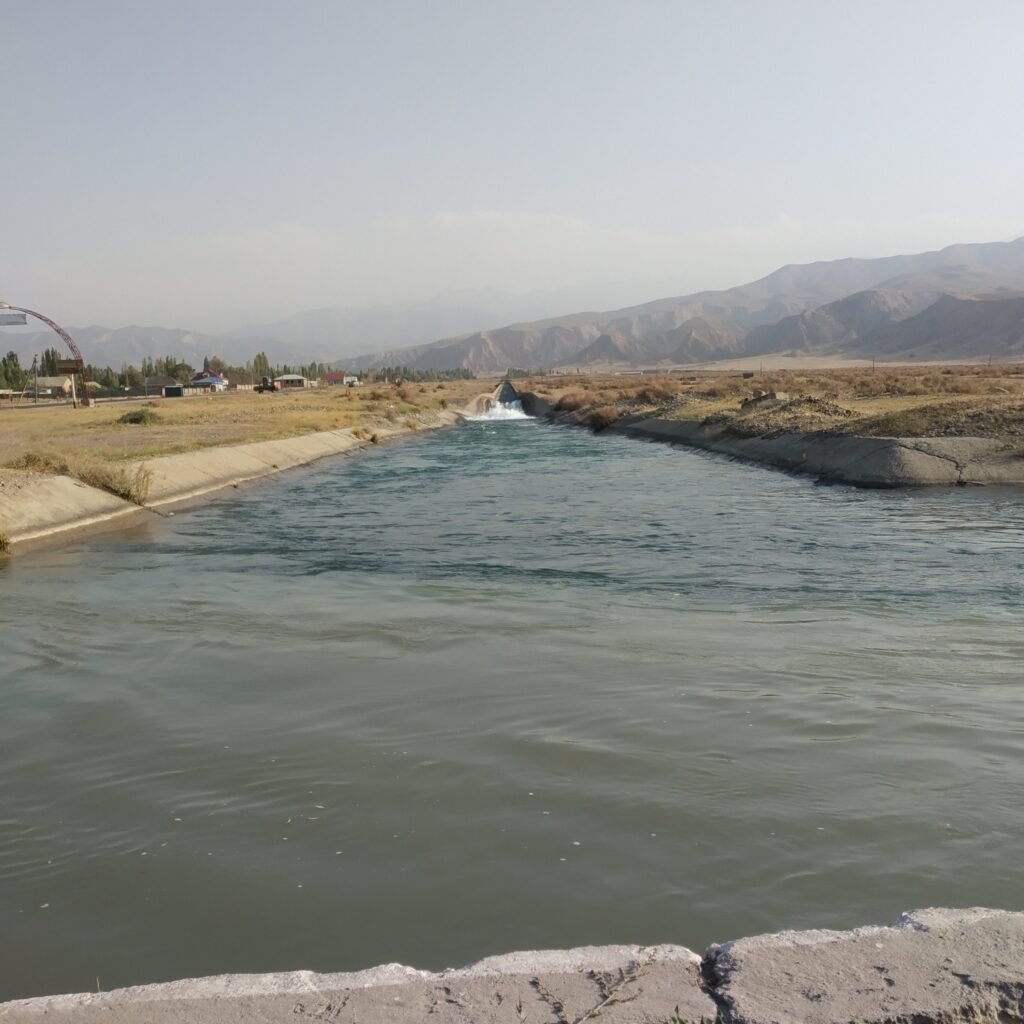Hope for the Northern Aral Sea as Restoration Efforts Continue
Between October 2024 and January 2025, one billion cubic meters of water will be directed to the Northern Aral Sea - 100 million cubic meters more than initially planned. Agreements with Central Asian countries will further increase this figure to 1.6 billion cubic meters by March. According to Kazakhstan’s Ministry of Water Resources and Irrigation, the current water volume in the Northern Aral Sea stands at 22.1 billion cubic meters, up from 18.9 billion cubic meters at the beginning of 2022. By the end of 2025, this volume is projected to reach 23.4 billion cubic meters. The reservoir’s surface area has also expanded, reaching 3,065 square kilometers - an increase of 111 square kilometers over the past two years. The rising water levels have had a positive impact on the ecosystem: salinity has decreased, the population of 22 fish species has recovered, and the annual fish catch has reached 8,000 tons. Meanwhile, a project to preserve the Kokaral Dam and restore the Syr Darya River delta is nearing completion. Reconstruction work on dams between Lake Karashalan and the Syr Darya, the construction of the Tauir protective dam, and the renovation of the Karashalan-1 canal have already been completed. By the end of the year, the reconstruction of the Kokaral Dam is expected to be finished, further reducing salinity and stabilizing water levels in the Northern Aral Sea. Efforts to improve water efficiency in Kazakhstan’s Kyzylorda region have also contributed to the sea’s recovery. The use of laser leveling technology on rice fields has saved 200 million cubic meters of water, which has been redirected to the Northern Aral. The leveling of 55,000 hectares of rice fields has also boosted crop yields, increasing harvests from 40-55 centners per hectare to 70-80 centners per hectare. To encourage the adoption of water-saving technologies, the government has raised subsidies for infrastructure installation from 50% to 80% and increased compensation for irrigation water to as much as 85%, depending on the tariff. Reforestation efforts in the Aral Sea basin are also ongoing. Between 2021 and 2024, 4.4 million seedlings were planted on the dried-up seabed of the Large Aral Sea, covering 475,000 hectares. In 2025, an additional 428,000 hectares will be greened, bringing the total afforested area to 1.1 million hectares. Kazakhstan assumed the chairmanship of the International Fund for Saving the Aral Sea (IFAS) on January 1, 2024. As part of its leadership, the IFAS Executive Committee has approved a 2024-2026 work plan, which includes approximately 40 initiatives across 10 priority areas.






